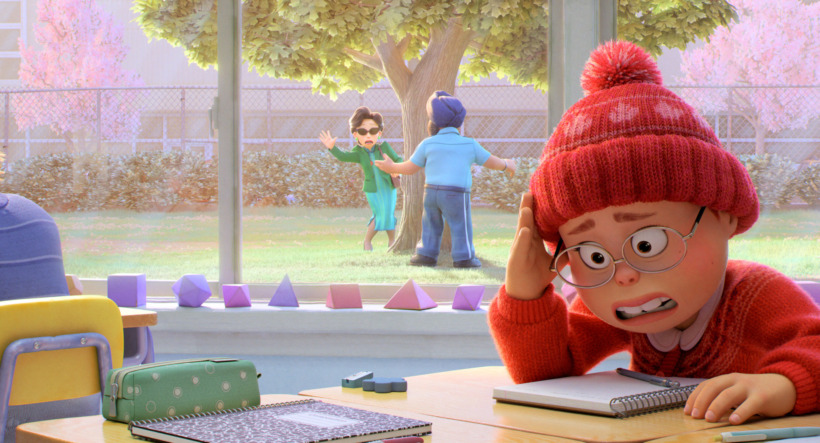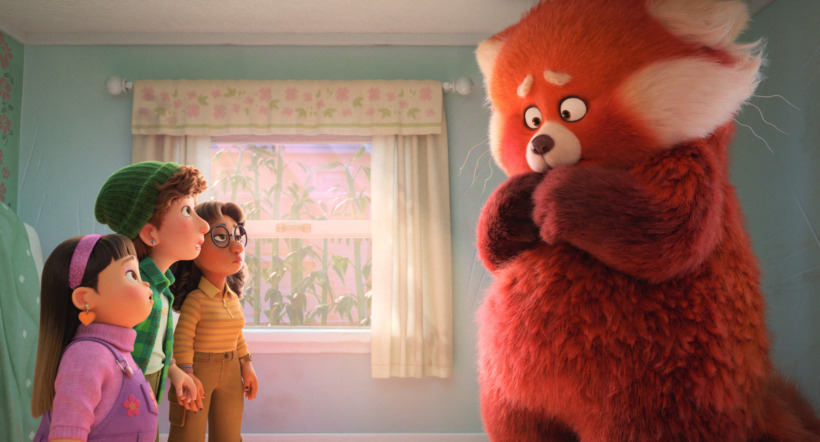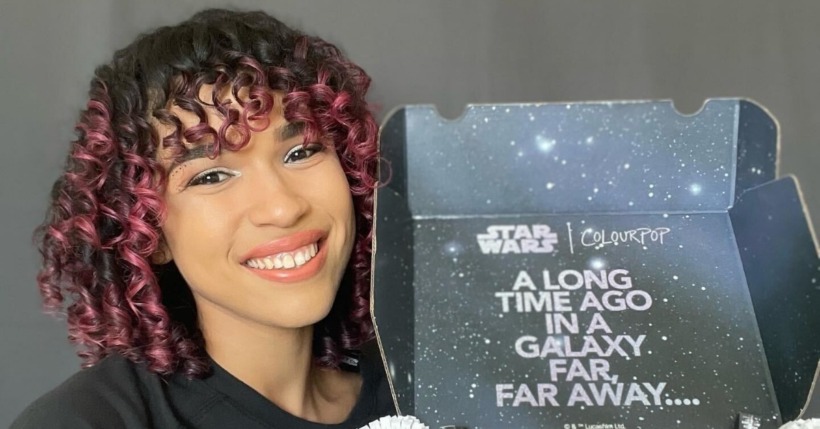Recent reviews of the newest Disney Pixar release, Turning Red, are uncovering biases within the entertainment industry and movie critic sphere. It has again brought to light Hollywood’s diversity problem. One thing is clear: We need members of more than one demographic pre-screening and reviewing movies.
Hollywood’s Diversity Problem
Pixar’s Turning Red is one of the best coming-of-age films I have ever seen. The story follows Mei Lee, a thirteen-year-old Chinese-Canadian girl. And as a part of growing up, she undergoes a pretty big change. The movie is not shy and leans heavily into themes like puberty and menstruation, crushes on classmates, pining for celebrities, and having to navigate your changing body.

The managing director of a popular movie website wrote a tone-deaf and insensitive review of Turning Red, a film directed by the Chinese-Canadian director Domee Shi. His criticisms, funnily enough, were about how he didn’t see enough of himself in it. According to him, the film catered too much to the director’s community. His review stated, “I am not in it. This was exhausting.” The post was eventually taken down after outrage over the insensitive comments made, and an apology was issued.
Keep in mind, this critic was a white man. According to a study by The Annenberg Inclusion Initiative, the leading global think tank studying issues of inequality in entertainment, the majority of all critics were White males (53.2%) followed by White females (23%), underrepresented males (14.8%), and then underrepresented females (8.9%). White critics authored 82% of reviews, whereas critics from underrepresented racial/ethnic groups authored 18%. This is one of the situations where Hollywood’s diversity problem exists not only on screen but also behind the scenes. We need members of more than one demographic pre-screening and reviewing movies in order to have a full range of nuance.
Growing up watching media as a woman of color
As a woman of color, if I was exhausted by every film that didn’t involve someone like me, then I would never enjoy anything. For someone like me who doesn’t have a lot of options when it comes to representation, I’m able to focus on universal themes to which anyone could relate. Unfortunately, the ability to see oneself in a narrative that doesn’t center on someone who resembles you is not a skill that some people have to learn, especially when most media is and continues to be about people like them.
I’m not Chinese-Canadian. I’m Puerto Rican and grew up in the states. While I can’t relate to being Chinese-Canadian, I can relate to being a 13-year-old girl mortified by puberty. While I can’t relate to Chinese culture, I can appreciate it and learn about it. I can expand my understanding and knowledge of groups that are not my own. That’s the mindset I adopted while writing my review of Turning Red.
I don’t say this to insinuate that every film made by a person of color is perfect. However, simply disliking a film because it’s not “for you” is a strange criticism, especially when reviewing movies is your field of expertise. I’m not a fish, and I can still relate to Finding Nemo. I can still understand the significance of themes and plots that aren’t necessarily about someone like me. I had to while I was growing up. In most instances, I had no choice but to empathize and sympathize with characters who looked nothing like me.
Keep the same energy
Directors, writers, and artists often pull from their own experiences. How many movies, books, and TV series exist based on the experiences of white men? How many biopics written by and starring white men have won awards? Why is it different coming from an Asian woman? It’s not. It’s the same concept. If “not seeing enough of yourself” is the basis of criticism, it has to be that way across the board.
@amandajustvibin @voicesofatlas @victoriaorgana @amazingnickanger @marvellousjohnny @20ng02








